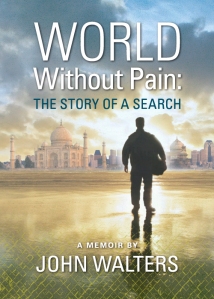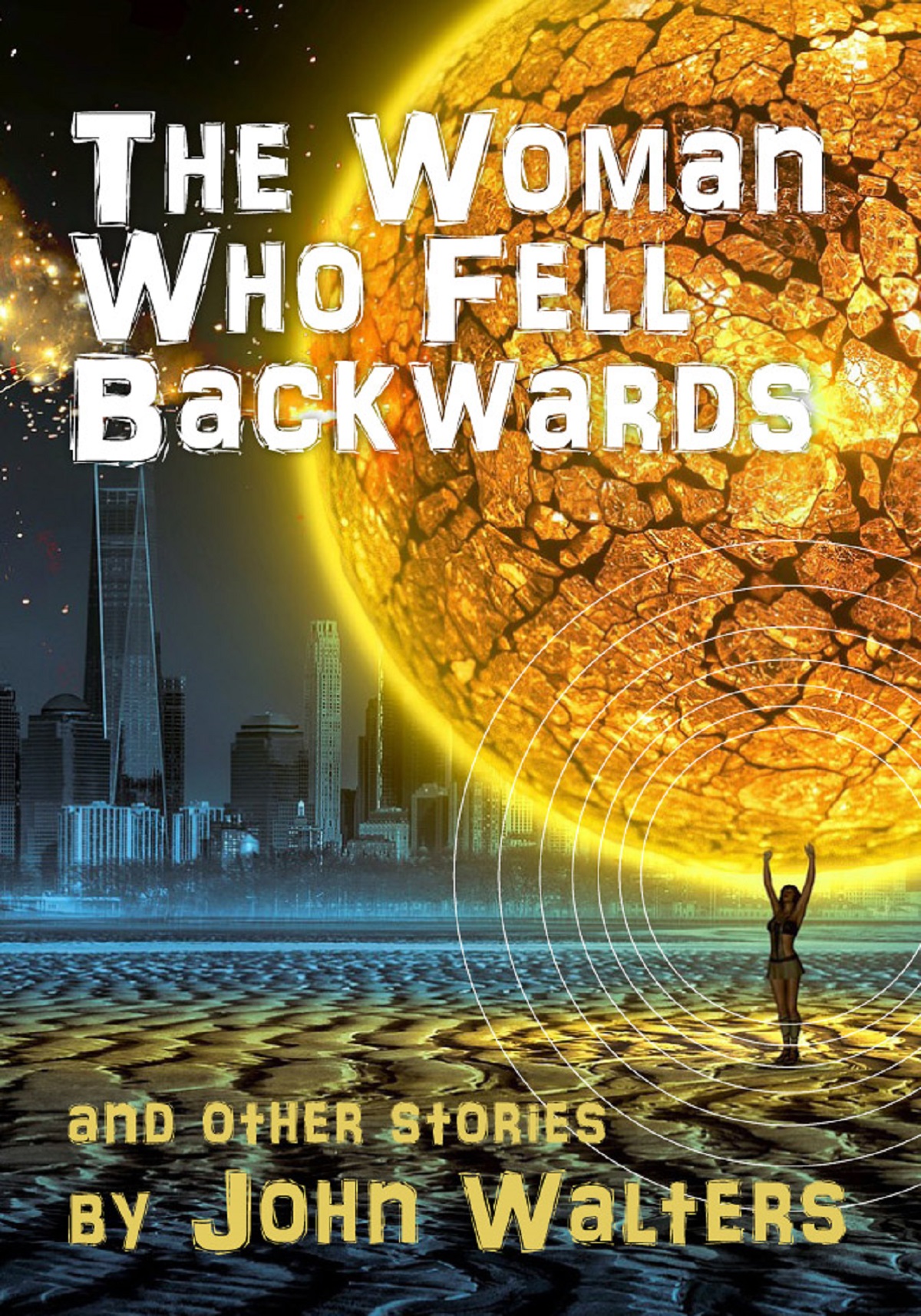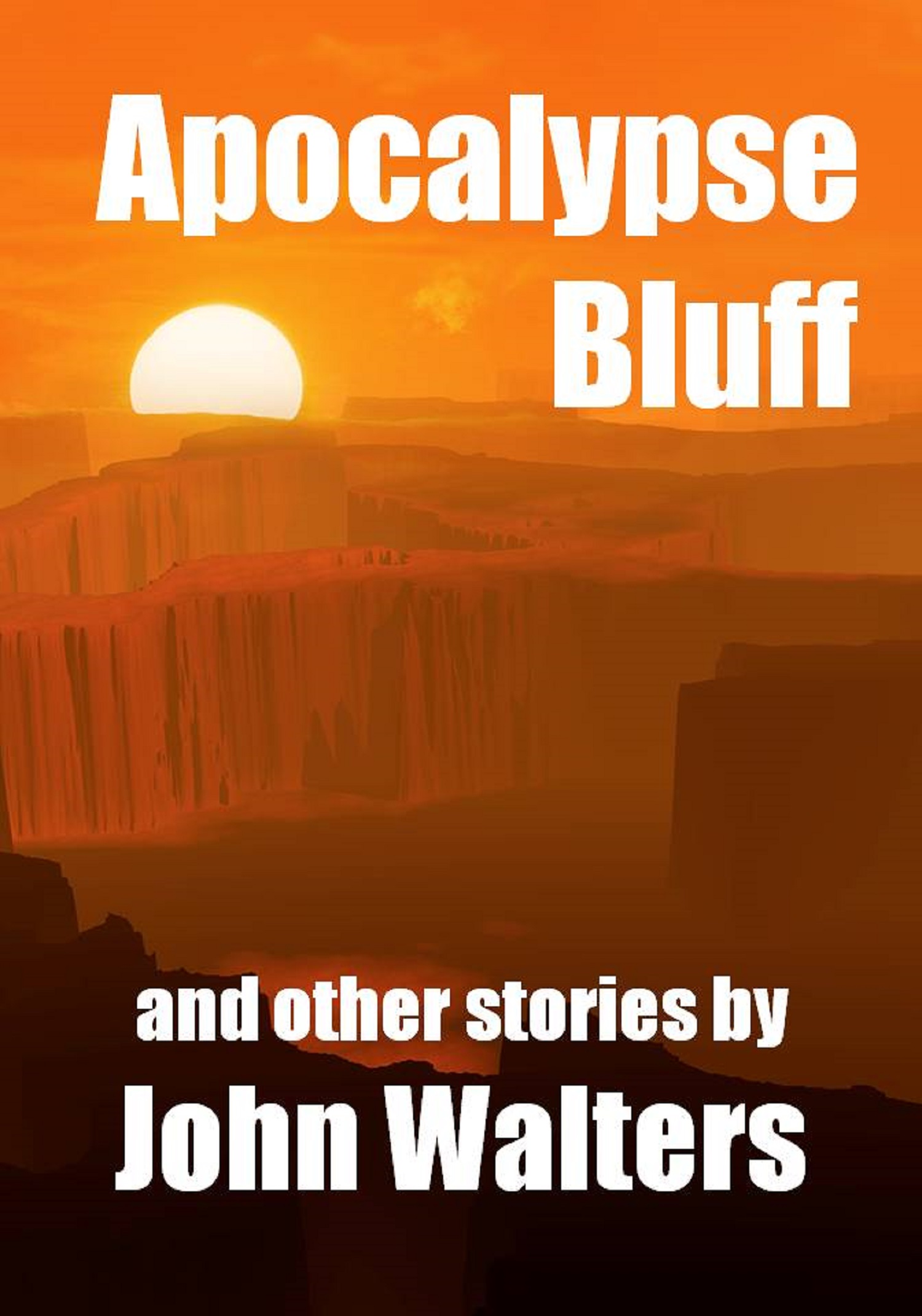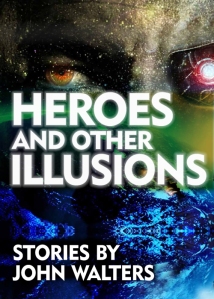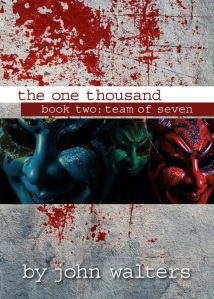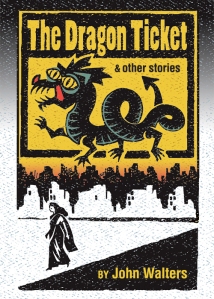
I wrote the stories in the collection Painsharing and Other Stories while living in Greece. However, unlike the tales in my first collection, The Dragon Ticket and Other Stories, which are mainly set on Earth on the Indian Subcontinent, these stories range from future Earth to the solar system to far planets revolving around distant stars. In the title story, for example, the Earth has long been abandoned and is about to be consumed by the dying sun; a group of humans return for a final requiem for the planet that gave birth to their species. In “Fearful Symmetry,” a human colony on a far planet is being terrorized by intelligent white tigers. In “Beyond Purgatory,” the government of a remote colony punishes criminals by deforming them into monsters that become slaves of the state. As I write in the afterword, “these stories run through a broad gamut of settings, but that’s part of the fun of science fiction: the ability to use anywhere and any when for the sake of metaphor, parable, or just plain entertainment.”
Some of the stories previously appeared in magazines and anthologies, while others are original to this volume. I recall that I sent the story “State of Grace” to a publisher for consideration for a particular themed anthology. The editor wrote back that my story did not quite fit the theme of that one, but another editor was putting together an anthology with a different theme and would accept the story; not only that, but I would also receive first prize in a contest taking place for the anthology entries – and additional payment as well. Often things go wrong in the publishing world; I have had several instances selling stories to magazines or books only to have publication cancelled before my stories appeared. This is one case, though, where the circumstances worked out in my favor.
In “The Orpheus Equation,” two strangers must travel to Pluto together. It is an adventure, of course, but at its core it is a love story. It tells of two disparate individuals forced to coexist in a small space who, despite their differences, must learn to love one another not only for their survival but for the advancement of the human race. From the afterword: “Fate tosses many of us into situations where we must get along with others whether we like it or not. Soldiers and sailors inhabit bunkrooms with a multitude of their peers. Office workers sit at rows of desks side by side with colleagues. Students have no choice concerning which other students enter the classroom, and often cannot choose the seating arrangements either. In some countries arranged marriages are the norm, and spouses do not meet each other, or at least do not have a meaningful conversation until after they are married – if then. Then there are brothers and sisters: some get along and some don’t, but for the first decade and a half to two decades of most people’s lives they share a domicile with people they did not choose, and there is nothing they can do about it. Some folks handle situations like these better than others, but almost all of us at some time or another have been confronted with the dilemma of someone you have to be around but you can’t stand. But what if your ability or lack thereof to not only work with but appreciate this other person were not only a convenience but a matter of life-or-death for many? What would you do? Would you hang on to your stubborn idiosyncrasies, your pet peeves, your grudges, your bitterness, or would you let it all go and yield to the empathy inherent in all of us?“
I am personally left-handed, and “The Left-Handed League” is a an exaggerated look at the discrimination that left-handed people face. As I explain in the afterword: “The amazing thing, when you think about it, is that there is any prejudice against anyone for any peculiarities of bodily appearance or function. The human race is composed of such infinite variety, it is such a rich stew of various ingredients, that to point the finger at one peculiarity or oddity is ludicrous. Plus it all has to do with one’s perspective. Put a white middle-class businessman into Europe and North America and he’d likely blend right in; but throw him into the midst of Ghana or Swaziland or China and then who’s in the minority? We have all these differences of gender, color, race, culture, religion, philosophy, size, shape, weight, intellectual or physical dexterity, hobbies and interests, and yes, even handedness, and for as long as humanity has existed we have fought over these things, but what is the point? In the end, we are all just people. All of us.”


